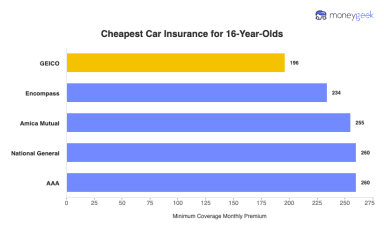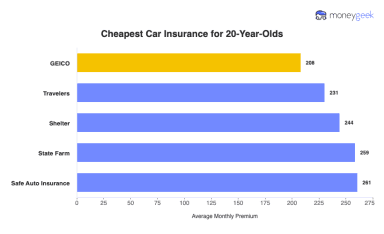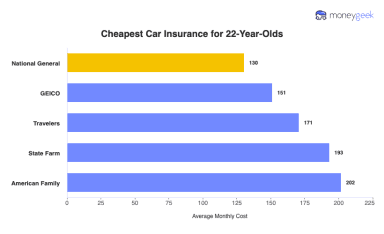Good student discounts cut 10% to 25% off auto insurance for student drivers ages 16 to 25 who maintain strong grades.
High school, college and grad students qualify. Most insurers want a 2.7 to 3.0 GPA minimum. Some accept Dean's List or top 20% class ranking instead.





















